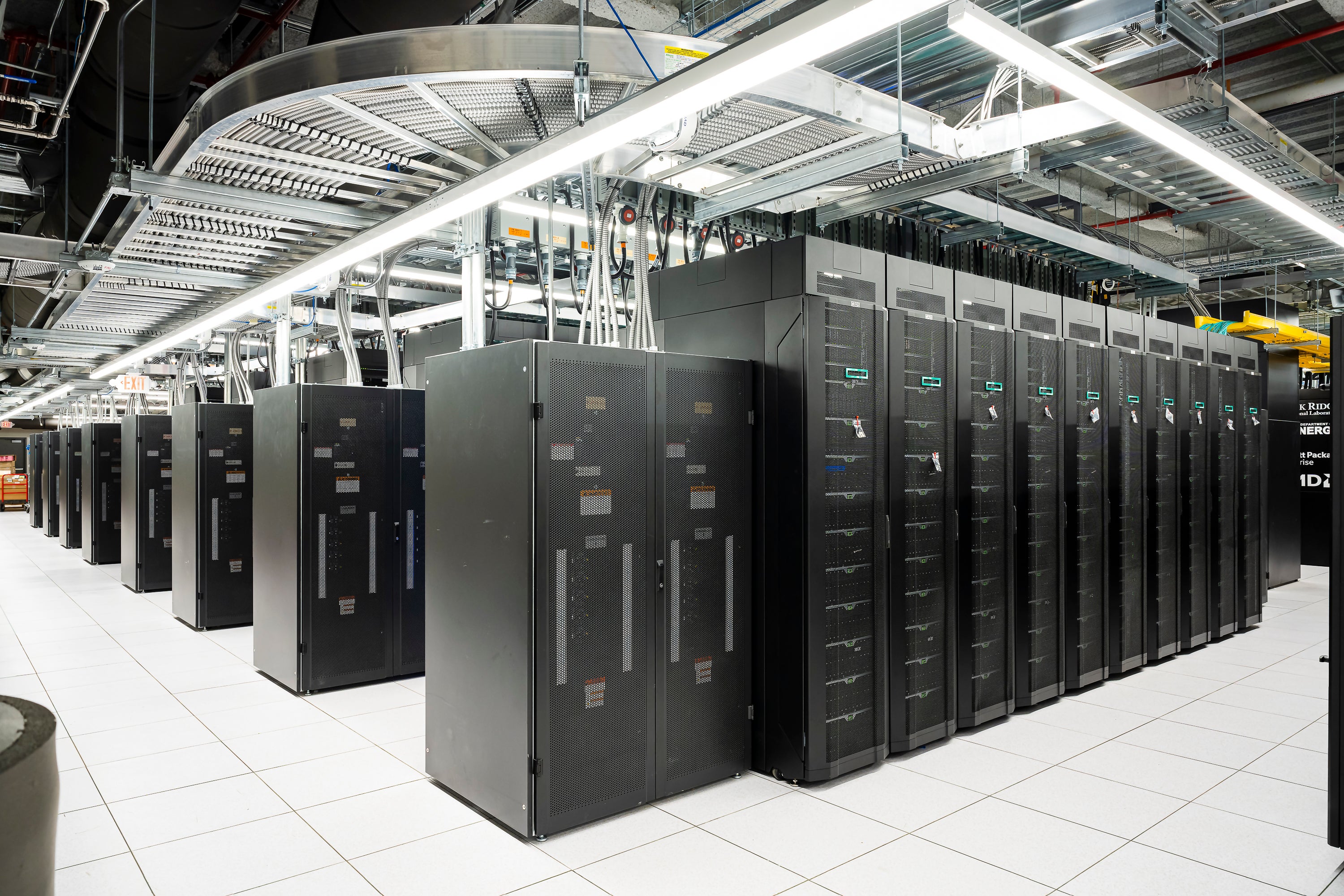The Power of Supercomputers: Unleashing the Potential of Technology
Supercomputers are the ultimate machines when it comes to processing power. They are capable of performing complex calculations and simulations that would take a regular computer years to complete. These machines are revolutionizing the way we approach scientific research, engineering, and even everyday tasks. In this article, we will explore the power of supercomputers and how they are changing the world.
What are Supercomputers?
Supercomputers are high-performance computing machines that are designed to handle complex and demanding computations. These machines are capable of processing large amounts of data in a short amount of time, making them ideal for scientific research, weather forecasting, and other data-intensive applications.
Supercomputers are built using a combination of specialized hardware and software. They typically have multiple processors, each with multiple cores, and use parallel processing techniques to divide tasks among the processors. This allows them to handle a massive amount of data simultaneously.
Applications of Supercomputers
Supercomputers have a wide range of applications in various fields, including:
1. Scientific Research: Supercomputers are used extensively in scientific research to model complex phenomena, such as climate change, protein folding, and astrophysics.
2. Weather Forecasting: Supercomputers are used to simulate weather patterns and predict severe weather events, such as hurricanes and tornadoes.
3. Engineering: Supercomputers are used in engineering to simulate and optimize designs for aircraft, automobiles, and other complex systems.
4. Medical Research: Supercomputers are used in medical research to model the human body and simulate the effects of drugs and treatments.
5. Financial Modeling: Supercomputers are used in finance to simulate market conditions and predict future trends.
Benefits of Supercomputers
The benefits of supercomputers are numerous. They allow scientists and researchers to perform complex simulations and calculations that were previously impossible. This has led to breakthroughs in various fields, including medicine, engineering, and climate science.
Supercomputers also have the potential to revolutionize everyday tasks. For example, they can be used to optimize traffic flow in cities, improve energy efficiency, and even predict the spread of diseases.
Challenges of Supercomputers
Despite their many benefits, supercomputers also present some challenges. One of the biggest challenges is the cost of building and maintaining these machines. Supercomputers can cost millions of dollars to build and require specialized facilities to operate.
Another challenge is the amount of energy required to power these machines. Supercomputers consume a massive amount of energy, making them expensive to operate and contributing to greenhouse gas emissions.
Conclusion
Supercomputers are changing the world by providing scientists and researchers with the tools they need to tackle complex problems. These machines are capable of processing massive amounts of data and performing calculations that were previously impossible. While there are challenges associated with supercomputers, their potential benefits make them an essential tool for scientific research, engineering, and other data-intensive applications. The power of supercomputers is limitless, and we are only beginning to scratch the surface of what they can do.
Labels: Interesting, Technology


0 Comments:
Post a Comment
Subscribe to Post Comments [Atom]
<< Home